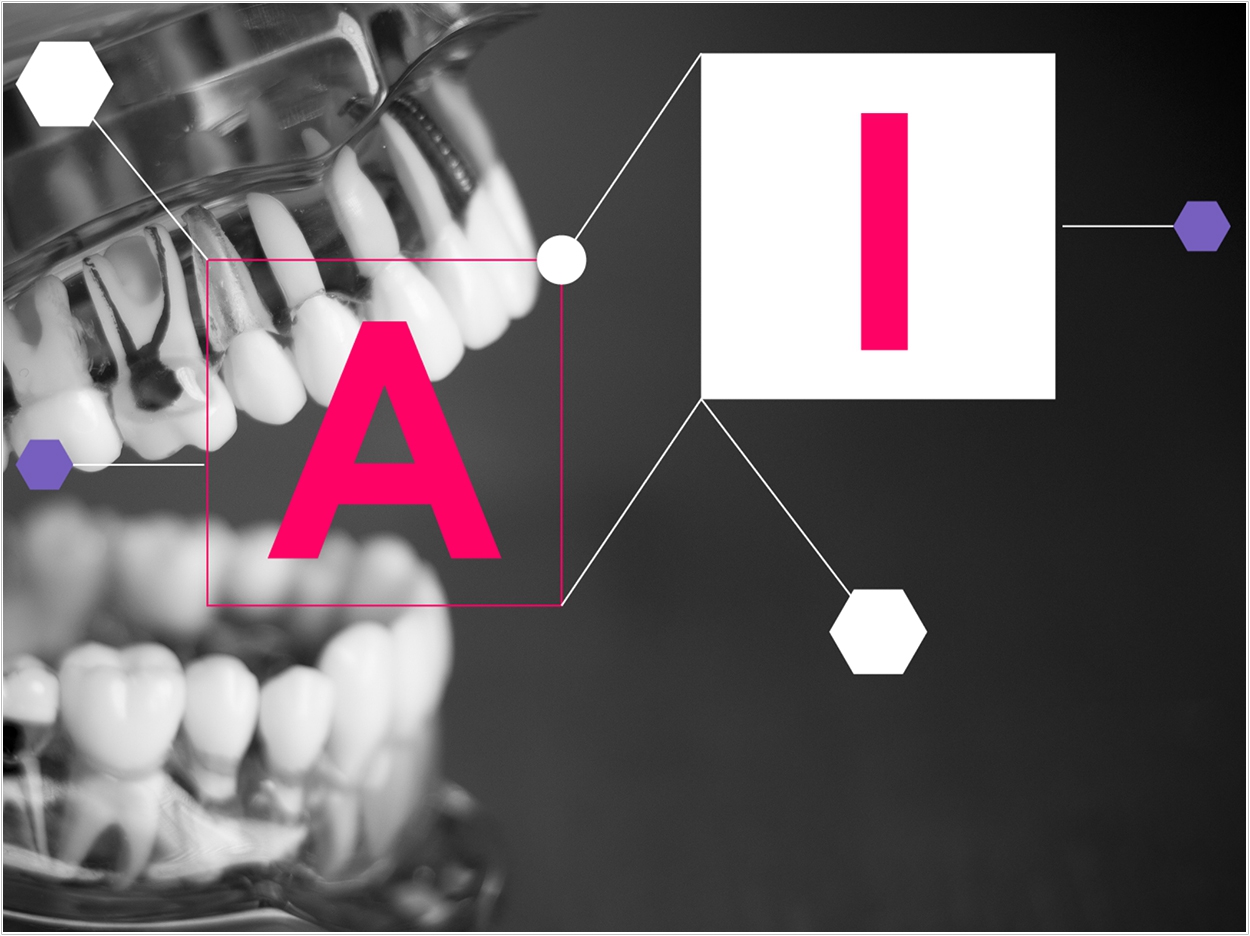
Artificial intelligence (AI) is powerful, but it’s inanimate without the support, voices, strength, and muscle of people. I don’t see AI as replacing people or competing with people. I see it as part of a cooperative effort to make us all better. People power alone is extraordinary, but it’s just not enough without technology––and, at the same time, technology won’t go anywhere without us helping it along.
The burning question for the dental industry, and for all healthcare, is how we make patient care and outcomes as good as they can possibly be. That question leads to others. How do we get better at what we’re doing? What enables us, as caregivers, to become more accurate? More fluid? More predictable?
In part, it’s better equipment. Take remakes on the lab side as an example. Say the industry standard is 5%. When a practice invests in an intraoral scanner, you can bring it down to 2% or 3%. That’s pretty substantial, but it’s still 2% or 3% of rebooked appointments, patient pain and inconvenience, and chairside moments lost. Those aren’t acceptable numbers.
What would really make a difference is bringing it down to zero. AI can help us to do that.
The Power of Zero
Consider autonomous vehicles. You send an autonomous vehicle into a traffic circle, and it’s going to struggle at first. It’s going to make lots of mistakes. But it will never make the same mistake twice––and, eventually, it will get it right every time.
Now consider humans doing the same thing. We have every rule about entering and exiting a traffic circle written in driver’s ed manuals. We require that everyone who wants to drive to study those manuals. And, still, everyday someone makes a mistake entering or exiting a traffic circle, with potentially devastating consequences.
In the analog world, we simply can’t bring our failure rate down to zero through education. We could spend millions in training and get a better handle on the problem, but we’re still going to make those same mistakes. In the digital world, however, every lesson becomes eternal learning.
AI has zero-failure potential because it allows us to institutionalize experience accurately, efficiently, and absolutely. But it will only achieve that potential if it is institutionalizing our collective experience. That is going to require a shift toward operating with a more collectivist mindset.
The Potential of Collaboration
Today, we’re solving problems in isolation. When we make a mistake, usually only we know about it and only we learn from it. What we need is for those experiences to be shared, because we need a feedback loop that drives industry-wide progress. We need to share those mistakes with doctors, with practices, with students, with insurance carriers, with the scanner companies, et cetera.
The problem is that, in an analog world, that sharing takes a tremendous amount of time, so those mistakes are unavoidably repeated. A digital world, with AI at its core, allows sharing to take place globally and instantaneously. It can facilitate the necessary feedback loop because it’s not just limited to a single cell of one practice and its immediate contacts. It’s communitywide. AI is scalable. It brings us together.
Of course, when people look at this competitively, they might say that there’s no incentive to share those learnings with the community, even if it’s possible to do so. I see that as a short-sighted concern. If you’ve found a way, say, never to miss a margin and to bring your remakes down below your competitors, you gain a little bit of market share.
Maybe that’s an advantage. Maybe not. It’s debatable. But it’s not going to take dental care to the next level. By contrast, if we spread knowledge out to the entire community, if we eradicate that percentage of failure, now we’re all serving more patients, because we’ve failed fewer patients. I would argue that the advantage for all of us, for the entire community, is much greater than a temporary advantage for a single practice or lab.
AI for the first time gives us a tool to deal with the big picture, not just the individual case. I love the idea that we’re the first generation to have this opportunity in our possession—the ability to bring a better experience for patients that’s more accurate, more financially rewarding, and, most importantly, more rewarding in the overall quality of healthcare and the well-being of the people that we serve.
It’s easy to be passionate about having an opportunity to do that, and I believe we owe it to ourselves to capitalize on that opportunity with a generous spirit.
Mr. Azzara is CEO of Dental Services Group, one of the largest nationwide networks of dental laboratories, and a founding member of the Dental AI Council (DAIC), a non-profit devoted to helping define the future of artificial intelligence (AI) in dentistry through research, education, and thought leadership. To join to the DAIC’s effort, visit dentalaicouncil.org/membership.
Related Articles
Dental AI Council Looking for New Members
Diagnosis and Treatment Planning Varies Greatly Between Dentists
AI Matches or Beats Human Diagnoses in Award-Winning Study












